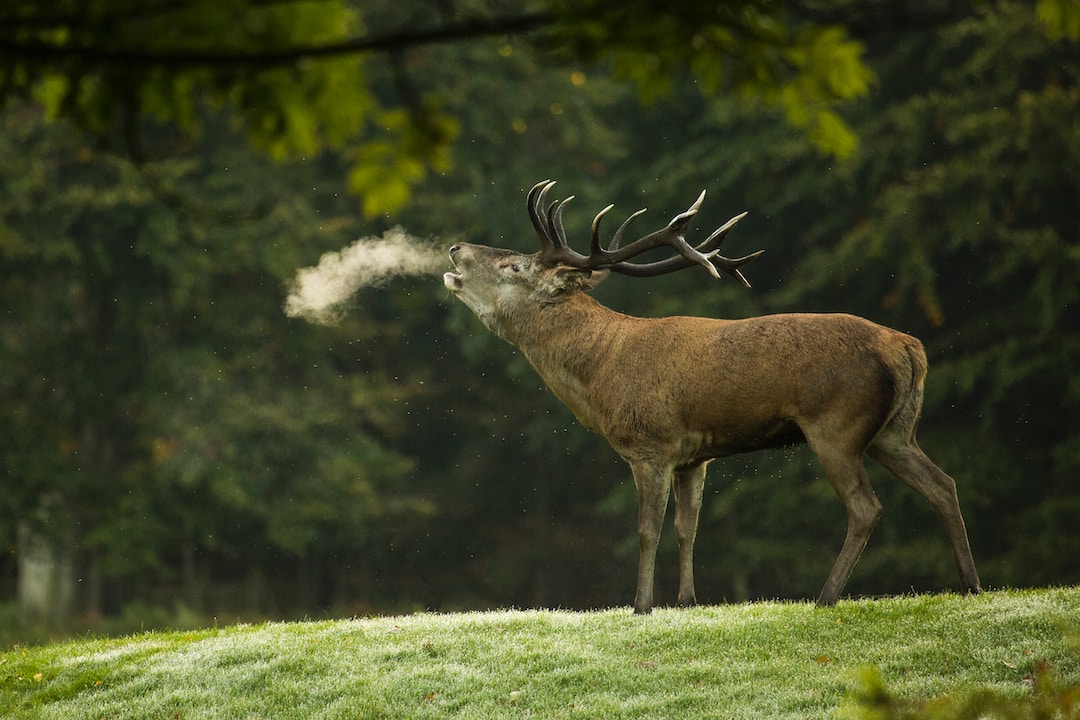
The Impact of Zombie Deer Disease on Biodiversity and Climate Crisis
Ak Mishra

Ak Mishra
The emergence of Chronic Wasting Disease (CWD) has raised significant concerns about its potential impact on wildlife and humans. This contagious and fatal illness primarily affects cervids, including deer, elk, caribou, reindeer, and moose, posing a substantial threat to biodiversity. Scientists have expressed urgency in addressing the looming crisis of CWD potentially spreading to humans, drawing parallels to the mad cow disease outbreak in Britain as a cautionary example.
Chronic Wasting Disease (CWD) is a contagious and fatal illness that affects cervids such as deer, elk, caribou, reindeer, and moose. It is characterized by the accumulation of malformed prion proteins in the brain and tissues, leading to physiological and behavioral changes in affected animals. These changes manifest as disturbing symptoms including drooling, lethargy, stumbling, and a vacant stare.
The potential for CWD to spread to humans has raised significant concerns, especially considering the experience with mad cow disease in the UK. Despite no reported infections in humans, research suggests that the disease may be more transmissible to humans from animals than previously thought. Furthermore, there are challenges in eradicating CWD once it infiltrates an environment, as it can persist for years and prove resistant to disinfection methods. This poses ecological implications, particularly in ecosystems with a diverse array of large wild mammals.
Expert epidemiologist Dr. Cory Anderson emphasizes that CWD is invariably fatal, incurable, and highly contagious. Additionally, disease ecologist Dr. Raina Plowright highlights the importance of viewing CWD against a backdrop of dangerous emerging zoonotic pathogens that move across species barriers between humans, livestock, and wildlife globally.
Chronic Wasting Disease (CWD) has been detected in animal populations across North America, Canada, and Europe, indicating its widespread presence. The modes of transmission include contact with contaminated body fluids and tissue, raising concerns about the potential for it to jump the species barrier. Human practices such as artificial feeding of wildlife and the liberal killing of predators have been counterproductive in controlling the spread of CWD.

The potential impact of CWD extends beyond cervids to livestock, other mammals, birds, and the risk of contributing to zoonotic pathogens. This interconnectedness with the climate crisis and biodiversity poses a significant threat to the balance of ecosystems. Epidemiologist Dr. Cory Anderson emphasizes the importance of preparedness in addressing this issue, highlighting that while there's no certainty that it will happen, being ready is crucial. Additionally, Dr. Michael Osterholm describes CWD as a "slow-moving disaster," emphasizing the urgency for governments to prepare for its potential spread to humans and the need for collaborative efforts in addressing this crisis.
The urgency for proactive measures in addressing the potential spread of Chronic Wasting Disease (CWD) to humans is underscored by the alarming statistics, such as the 800 positive CWD cases out of 92,000 tissue samples tested in Wyoming since 1997. Collaborative efforts among governments, scientists, and environmental organizations are crucial in combating CWD and preventing its escalation. Additionally, raising awareness about the impact of CWD on biodiversity and the climate crisis is imperative to garner widespread attention and support for addressing this looming crisis.
Expert veterinarian Dr. Thomas Roffe emphasizes that the increased attention on CWD is a positive development, highlighting the need for widespread awareness and action to address this pressing issue.
Partager cet article